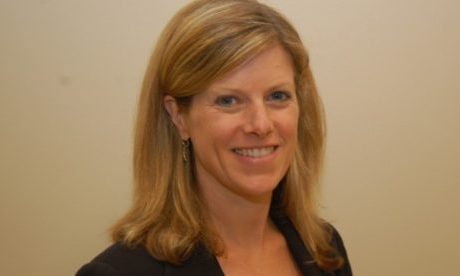When President Donald Trump tweeted that Time magazine had contacted him about being named “Person of the Year,” but that he had turned it down, a representative from the magazine said the president’s tweet didn’t have “a speck of truth.”
The next day, reports surfaced that Trump had been denying that it is his voice on the infamous “Access Hollywood” tape, in which he made vulgar comments about women.
But when the tape was made public last year, he acknowledged it was him. Both can’t be true.
Meanwhile, within a week, The Washington Post revealed that an activist organization had paid a woman to lie about being impregnated by Senate candidate Roy Moore when she was a teenager.
The story was an attempt to expose media bias on the part of the Post if they had run with the false story, but the paper instead revealed the truth: that the abuse and pregnancy did not happen and the woman worked for an organization with the ironic name Veritas, Latin for “truth.”
These recent three examples raise the question: Is lying wrong? Is it still — as Catholics would say — a sin?
Absolutely, say theologians and ethicists. As parents throughout history have pointed out, just because everybody’s doing it, doesn’t make it right.
The Catholic ethical tradition is clear that lying is morally wrong, and actually maintains that it is wrong in all situations, although some ethicists see some distinctions.
But all agree that the consequences of lying are especially serious when done by leaders of social institutions, such as government, media or even churches.
“Lying destroys trust between people by corroding communication,” said Lisa Fullam, professor of moral theology at the Jesuit School of Theology of Santa Clara University in California.
Widespread lying — or perhaps widespread knowledge about lying, thanks to new media technology — can lead to cynicism, in which people assume that everyone is untruthful for their own self-interest, Fullam said.
This is not only sinful, but has dangerous implications for a democracy, where confidence in the honesty of leaders is critical and truthful knowledge is necessary for citizenship, Fullam said. Continue reading
- Heidi Schlumpf is National Catholic Reporter’s national correspondent, based in Chicago.
